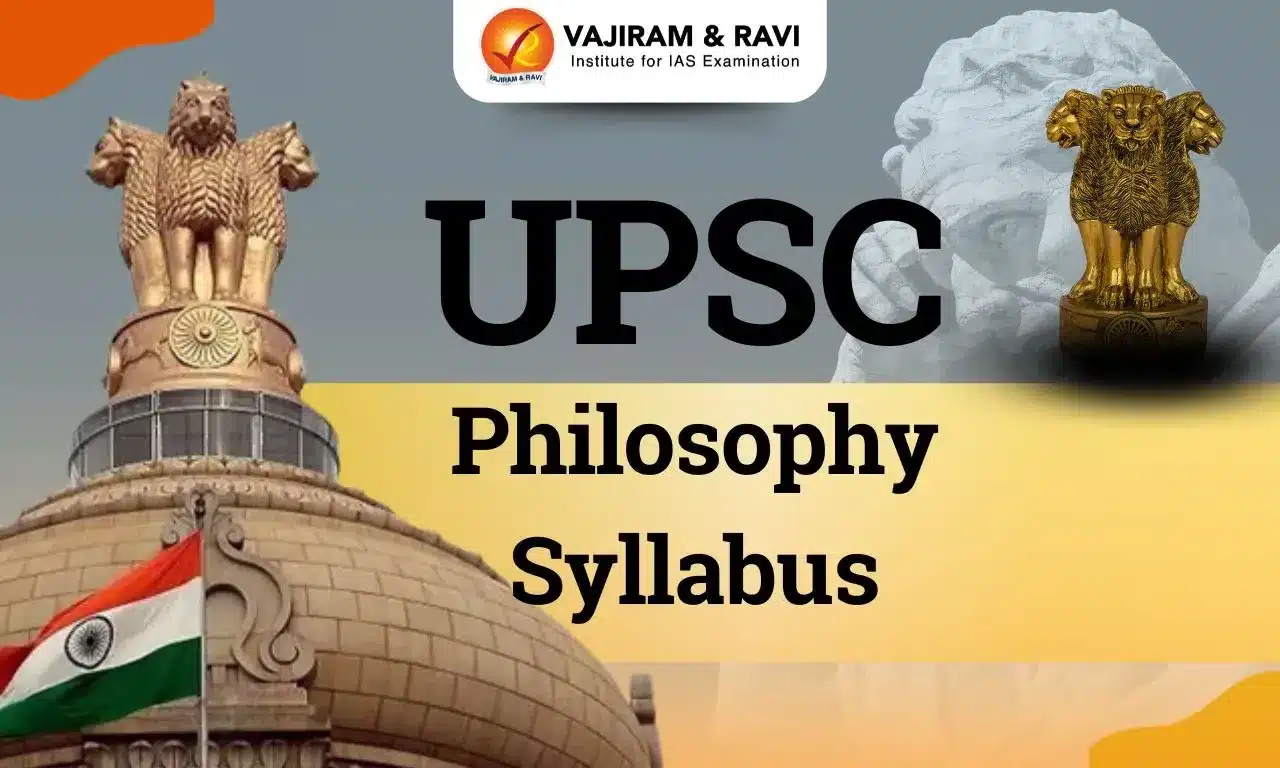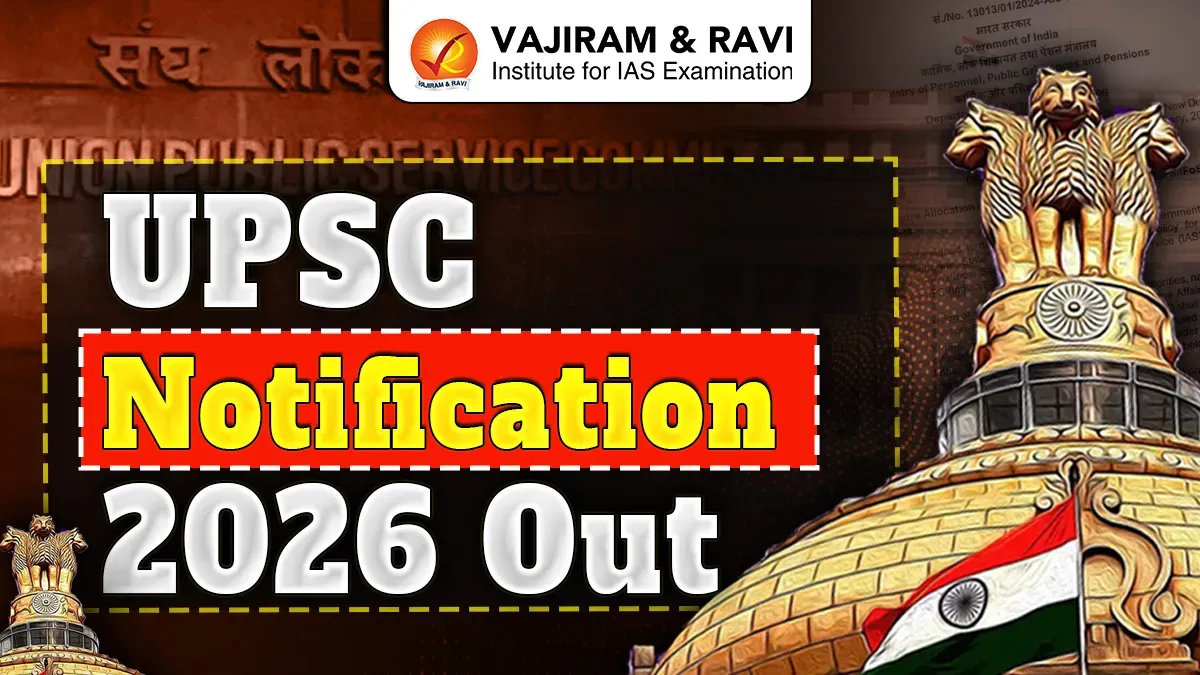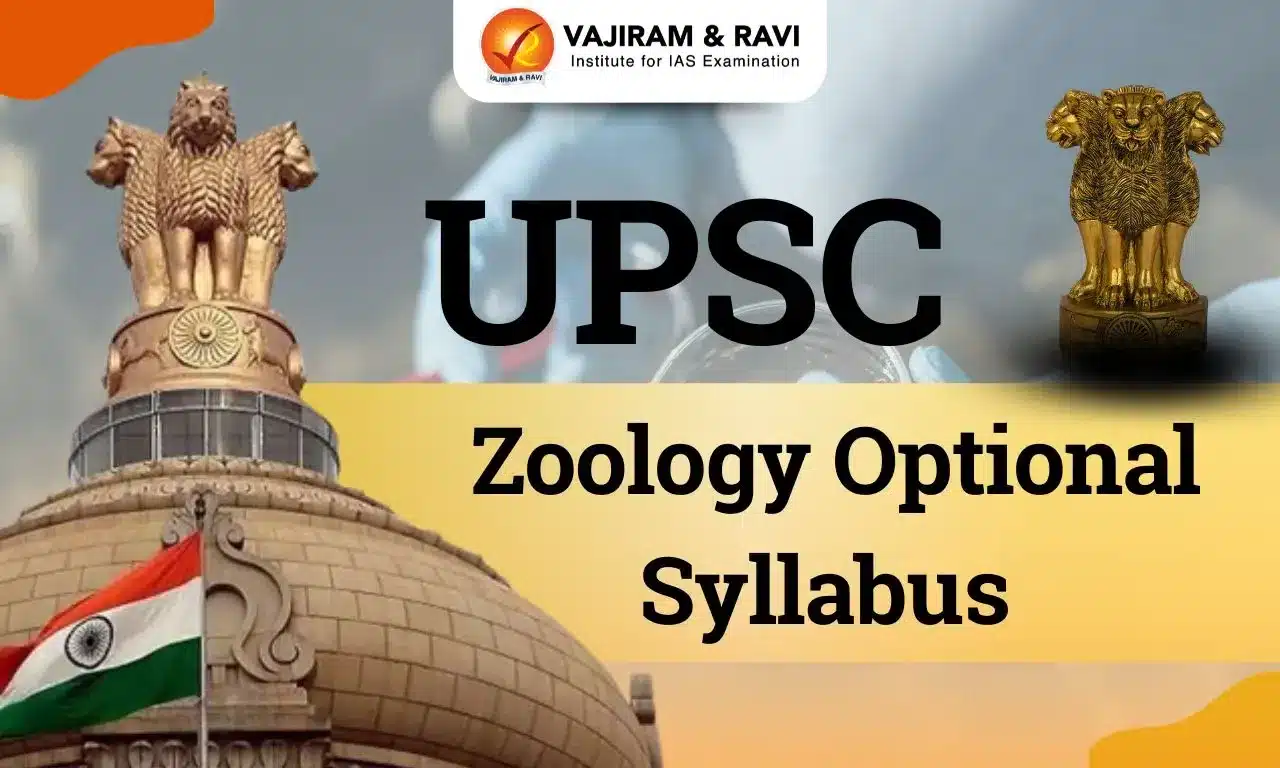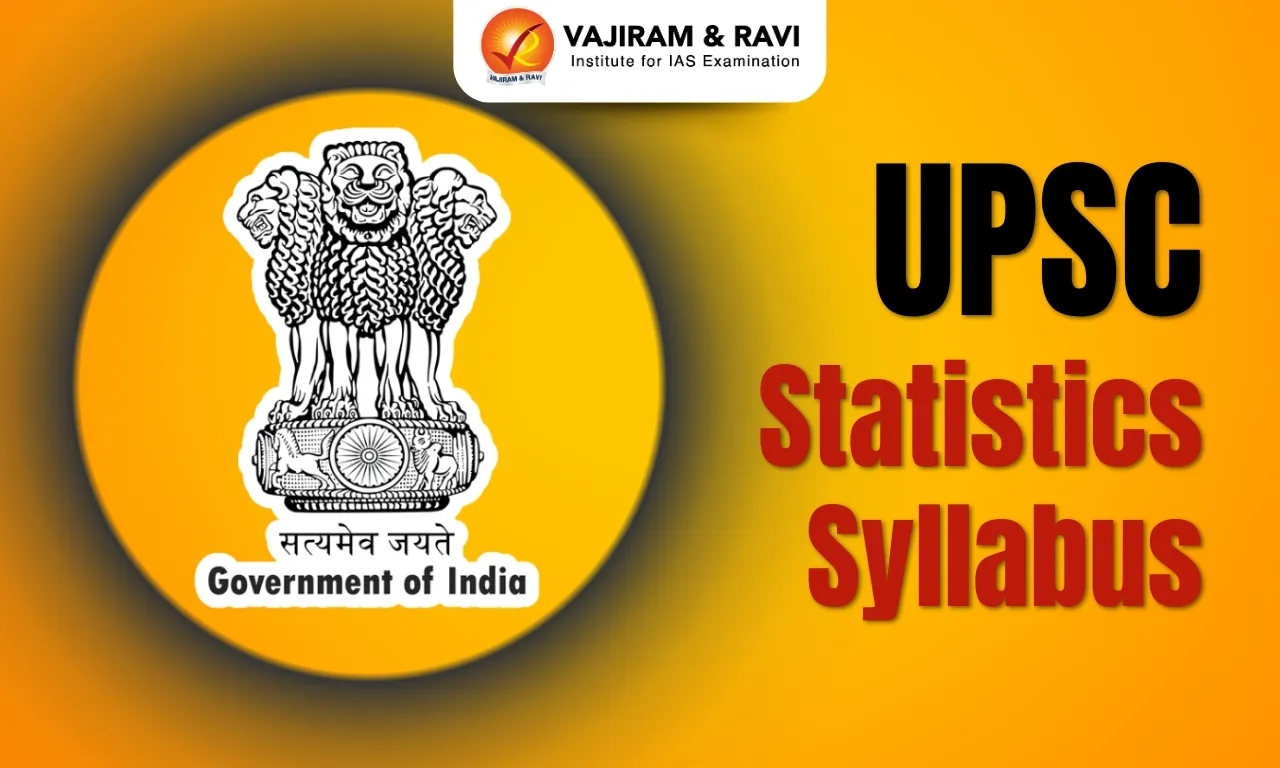The UPSC Philosophy Optional Syllabus is designed to assess aspirants' understanding of various philosophical concepts, theories, and thinkers. If you have a genuine interest in exploring fundamental questions about existence, knowledge, morality, and the nature of reality, Philosophy Optional could be a great fit. It's a subject that allows you to delve deep into abstract concepts and engage in thought-provoking discussions. The UPSC Philosophy Syllabus aims to evaluate your critical thinking, analytical abilities, and depth of philosophical knowledge.
UPSC Philosophy Syllabus
Choosing Philosophy as an optional subject for the UPSC Civil Services Mains Exam can be a unique and intellectually rewarding choice. Philosophy cultivates strong critical thinking and analytical skills. It teaches you to evaluate arguments, dissect complex ideas, and develop logical reasoning, which becomes an asset not just in the UPSC Mains Exam but also in your personal and professional life.
The UPSC Philosophy syllabus covers a wide range of topics, from Western and Indian philosophical traditions to ethics, political philosophy, metaphysics, and more. This diversity allows aspirants to choose areas of personal interest and specialisation.
The Philosophy optional paper consists of two parts: Paper I and Paper II. Here's an introduction to the UPSC Philosophy optional syllabus of both papers in detail.
UPSC Philosophy Syllabus 2026 for Paper 1
UPSC Philosophy Optional Paper-1 Syllabus can be divided in two parts- Western Philosophy and Indian Philosophy.
| History and Problems of Philosophy: | |
| Western Philosophy |
|
| Indian Philosophy |
|
UPSC Philosophy Syllabus for Paper 2
UPSC Philosophy Optional Paper-2 Syllabus can be divided into Socio- Political Philosophy and Philosophy of Religion.
| Socio-Political Philosophy: |
|
| Philosophy of Religion: |
|
UPSC Philosophy Syllabus PDF
Here's the updated UPSC Philosophy Syllabus PDF for UPSC CSE Exam 2024.
UPSC Philosophy Syllabus 2026 Preparation Strategy
Here are some preparation tips for the UPSC Philosophy Syllabus that students can incorporate in their timetable:
- Western and Indian Philosophy: Both these sections will have 2 compulsory questions in Paper 1. Indian philosophy can be covered using "Introduction to Indian Philosophy" by Satish Chandra Chatterjee, while "A Critical History of Western Philosophy" by Yakub Masih is recommended for Western philosophy.
- Social-Political and Religious Philosophy: These topics form the core of Paper 2. Candidates can read magazines like The Hindu to cover these areas comprehensively.
- Answer Writing Practice: After preparing the topics, candidates should practice answer writing. Writing notes will also aid in revision.
- Enrol in a Test Series: Joining a UPSC Revision Test Series will help candidates gauge their preparation level and identify areas that need more focus.
- Note-taking: Given the vast UPSC Philosophy Optional Syllabus, it is crucial for candidates to keep notes of all important concepts, timelines, and definitions.
Books to Study for UPSC Philosophy Syllabus
The skills developed in studying UPSC Philosophy Books are transferable to various aspects of life. These skills are relevant not only for exams but also for decision-making, problem-solving, and effective communication.
UPSC Philosophy Optional Paper I Books
- W. T. Stace: A Critical History of Greek Philosophy (Plato and Aristotle).
- Copleston: A History of Philosophy (Relevant Chapters from volume I, IV, V, VI, VII, VIII, IX & XI).
- Anthony Kenny: A New History of Western Philosophy. OUP Oxford.
- Datta & Chatterjee: An Introduction to Indian Philosophy. Rupa Publishing.
- C. D. Sharma: A Critical Survey of Indian Philosophy. MLBD.
- Oxford Dictionary of Philosophy.
UPSC Philosophy Optional Paper II Books
- John Hick: Philosophy of Religion.
- Michael B. Wilkinson: Philosophy of Religion: An Introduction.
- O. P. Gauba: Social & Political Philosophy.
- Political Theory, An Introduction. Edited By Rajeev Bhargava & Ashok Acharya.
- Oxford Dictionary of Politics.
UPSC Philosophy Optional Syllabus, when studied thoroughly and critically, has the potential to yield good scores. The subjectivity involved in evaluating philosophical answers can work to your advantage if you present well-structured and reasoned arguments. By studying Philosophy Optional syllabus, you develop a deeper understanding of human nature, societal values, and ethical dilemmas. This can be an asset not only in exams but also in your personal and professional life. Philosophy is a subject that encourages lifelong learning and personal growth. It equips you with the tools to ponder complex questions and continue exploring philosophical ideas beyond the exam.
| Other Related UPSC Optional Syllabus | ||
|---|---|---|
|
UPSC Animal Husbandry & Veterinary Science Optional Syllabus |
|
|
Last updated on February, 2026
→ UPSC Notification 2026 is now out on the official website at upsconline.nic.in.
→ UPSC IFoS Notification 2026 is now out on the official website at upsconline.nic.in.
→ UPSC Calendar 2026 has been released.
→ Check out the latest UPSC Syllabus 2026 here.
→ Join Vajiram & Ravi’s Interview Guidance Programme for expert help to crack your final UPSC stage.
→ UPSC Mains Result 2025 is now out.
→ UPSC Prelims 2026 will be conducted on 24th May, 2026 & UPSC Mains 2026 will be conducted on 21st August 2026.
→ The UPSC Selection Process is of 3 stages-Prelims, Mains and Interview.
→ Prepare effectively with Vajiram & Ravi’s UPSC Prelims Test Series 2026 featuring full-length mock tests, detailed solutions, and performance analysis.
→ Enroll in Vajiram & Ravi’s UPSC Mains Test Series 2026 for structured answer writing practice, expert evaluation, and exam-oriented feedback.
→ Join Vajiram & Ravi’s Best UPSC Mentorship Program for personalized guidance, strategy planning, and one-to-one support from experienced mentors.
→ UPSC Result 2024 is released with latest UPSC Marksheet 2024. Check Now!
→ UPSC Toppers List 2024 is released now. Shakti Dubey is UPSC AIR 1 2024 Topper.
→ Also check Best UPSC Coaching in India
UPSC Philosophy Syllabus FAQs
Q1. What is the philosophy syllabus for UPSC?+
Q2. Is philosophy easy for UPSC?+
Q3. What is philosophy subject in IAS?+
Q4. How can I start studying philosophy in UPSC?+
Q5. What is the highest marks in philosophy UPSC?+
Tags: upsc philosophy syllabus
















